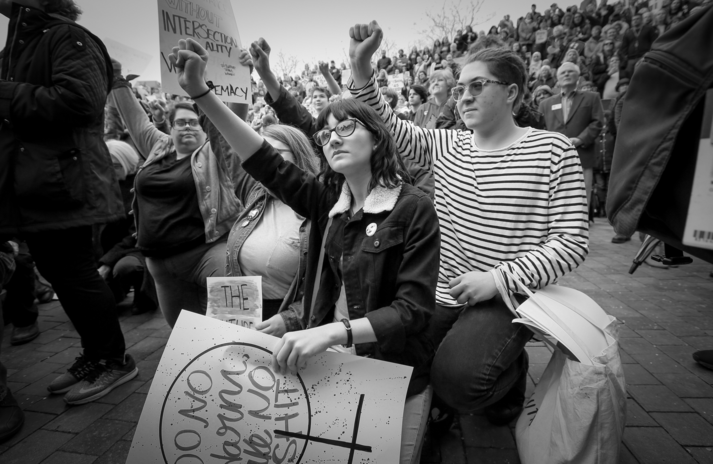Gender Equality is one of the 17 goals for sustainable development in the United Nations Development Programme. Discrimination against women and girls is an issue that is prevalent all over the world. It is crucial to realise that this problem is not just holding women back from growing, it is also holding back society from achieving its full human potential and sustainable development.
It is agitating to know that women earn only 77 cents for every dollar that men get for the same amount of work. About 35 percent of women have experienced physical/sexual or both types of violence in their life. There are approximately 3.8 billion women in this world and out of those, almost 750 million women and girls were married off before their 18th birthday. Apart from this, only two thirds of developing countries have achieved gender parity in primary education. Looking at these facts and figures, UNDP realised that it was crucial to identify gender equality as a goal for sustainable development. Since then, they have done work to empower women all over the world.
Women empowerment is a way to grant women the key to become free from the clutches of social and economic discrimination. Women require an enabling environment so that they can reach their full potential. There are approximately half a billion women living in our country, most of these women face unimaginable atrocities on a daily basis, hence, there is an urgent need to empower women.
In India, approximately 31 per cent of married women have experienced physical, sexual, or emotional violence by their spouses. Every third women, since the age of 15, has faced domestic violence of various forms in the country, reported the National Family Health Survey (NHFS-4) released by the Union health ministry. It is essential that discrimination and violence of all forms against women must get eliminated. Domestic violence, female foeticide, mental and physical harassment at work places, being forced into marriages and arbitrary deprivation of liberty are few of the many common crimes against women.
We must agree to the fact that the welfare of this country is not possible till the time the condition of women is not improved. As women play a pivotal role in families, educating them has a great multiplier effect. Education will grant women, who are dependent on their husbands, financial independence. This will allow them to stand on their own feet, instead of accepting mistreatment because they have nowhere to go and no way to sustain themselves. Education will also make them more aware of their rights. It is important to make women understand what unacceptable behaviour is, only then they will be able to fight against it.
At work places, women need to be given equal opportunities as men. If they are capable then they should be put in positions of power. Their pay should be equal to men if they are doing the same quality and quantity of work. Right now, there is a pay gap of 19%, where men earn approximately Rs 46 more than women in every equal hour that they put in. It is not only unjust, but it is also discouraging to be working in an environment where your gender defines your ability and how far you deserve to go, instead of it being determined by your capabilities and the hard work you do. So far the government of India has tried to help women by introducing schemes like -Beti Bachao Beti Padhao Yojana to eradicate female foeticide and increase education opportunities for the girl child, Mahila E-haat to support women women entrepreneurs, Working Women Hostels to promote the availability of safe and conveniently located accommodation for working women. However, merely introducing these schemes is not enough. They need to be thoroughly implemented.
The situation of women is comparatively better than what it used to be, but what cannot be denied is that we still have a really long way to go before we can say that the women of our country are truly empowered.


